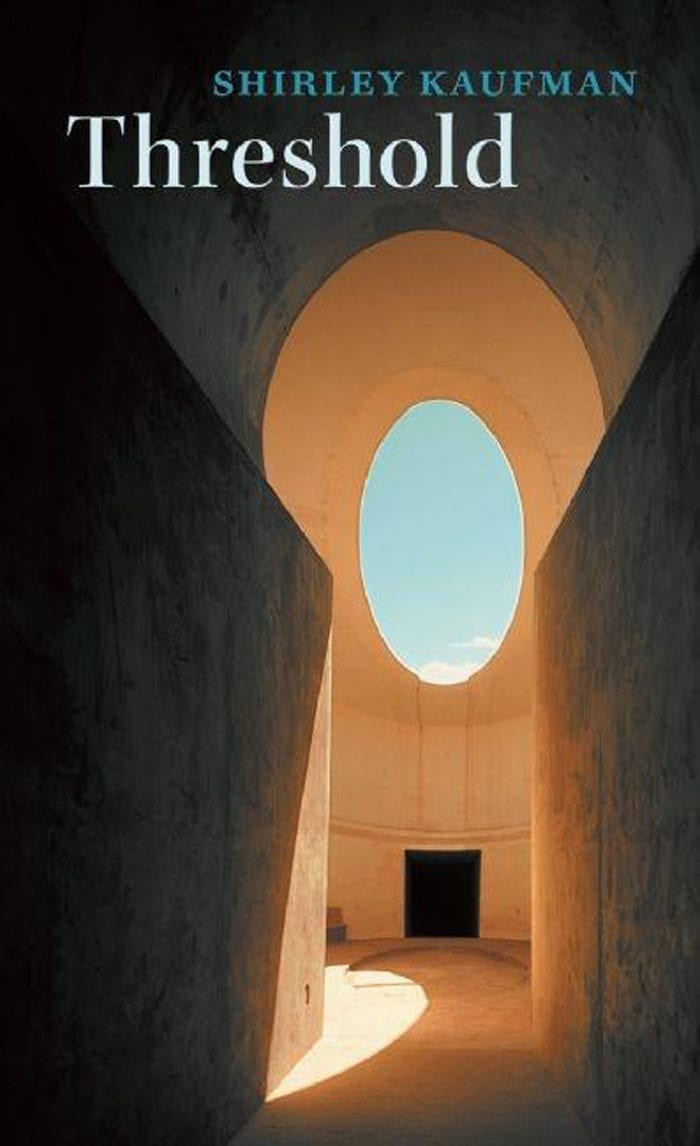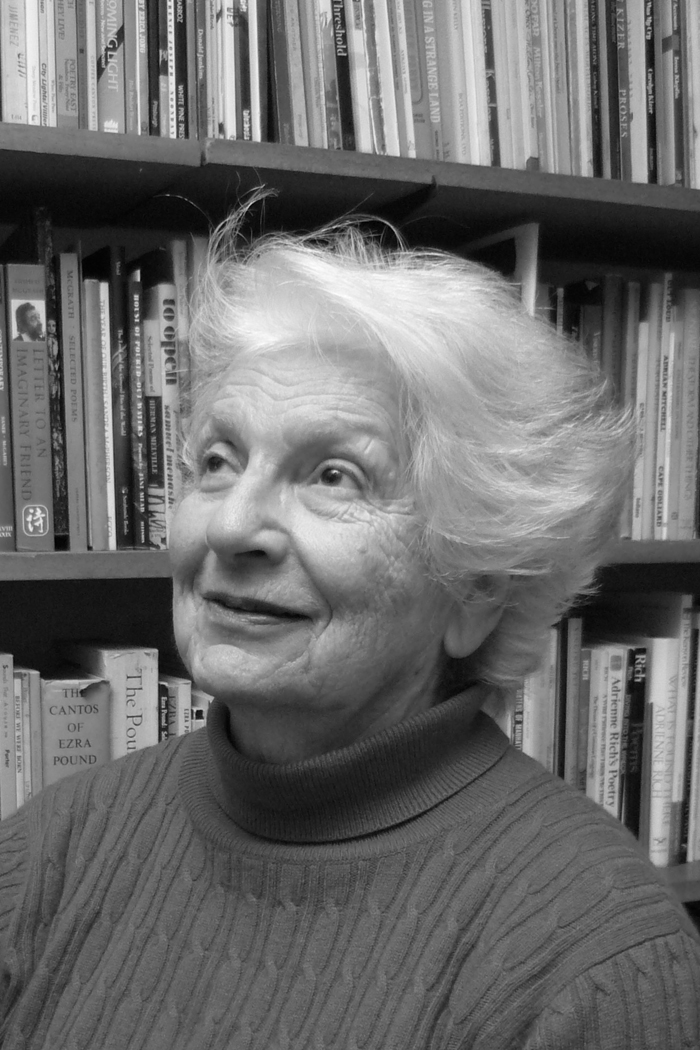
Shirley Kaufman is an American poet and translator who has lived in Israel for thirty years. Her poetry bears witness to daily life in Jerusalem as it explores the ambiguities of uneasy identity and relationships—race and religion, married love, mothers and daughters, cultural history and individual aging. In this astonishingly beautiful collection, her concern with rage, suffering, and fear—especially among Israelis and Palestinians—is deeply revealed in poems of profound consequence that question the role of art in all our lives. She writes, “What lasts is what we are up against.”
ISBN: 9781556591921
Format: Paperback
Reviews
“Shirley Kaufman is a poet of paradoxes and the effort to reconcile them… Her poetry holds up a vision of peace and reconciliation while never minimizing the tension in either the family or larger political sphere.” —Santa Fe New Mexican
“Progressive, passionate, and unfailingly feminist, Kaufman is a breathtakingly fine poet.” —The Nation
“[In Threshold,] Kaufman, always conscious of the threshold between here and there, invites the reader to inhabit both of these worlds—and the fruitful both/and space between… Kaufman’s verse navigates language’s many doorways with grace and precision. Her love for the word is apparent in this collection—as is her understanding that, deep down, the heart of every poem may be what the poet doesn’t reveal.” —Bridges
“[Kaufman] exhibits an uncommon ability to achieve a balance between [sic] music, imagination and social consciousness… Her descriptions and similes are often vivid enough to beg rereading, as genuine poetry should… If someone is going to be exalted as a representative voice of Jewish or Israeli life in contemporary American poetry, one couldn’t ask for a more insightful or mature writer to assume such an impossible role.” —Jerusalem Post Literary Quarterly
“Kaufman approaches Jerusalem’s bitter memories, contested histories and joyous unfoldings with a wary love.” —Publishers Weekly
“[Kaufman] gives a fearless account of life in her war-torn home. These are poems of witness: bullet casings on the ground, children playing war games… Kaufman is always evenhanded in the telling of these events. Nothing is glossed over.” —Lilith
